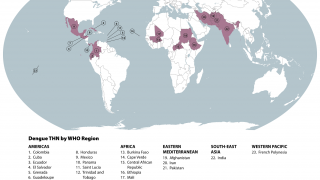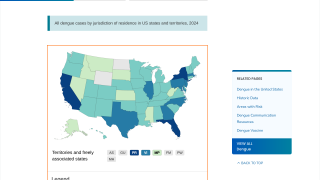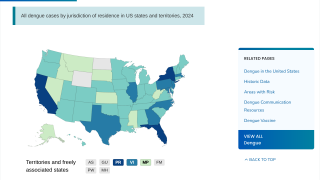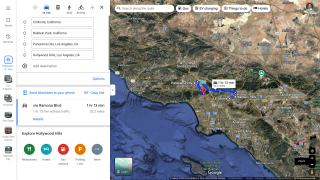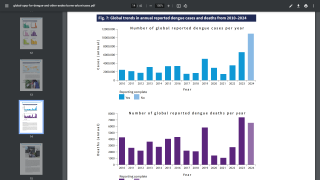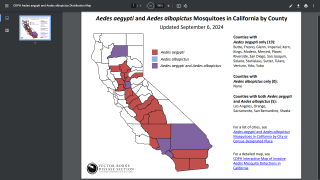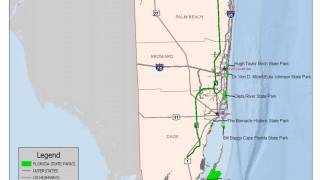Travel-Related and Local Dengue Cases Increase in the USA
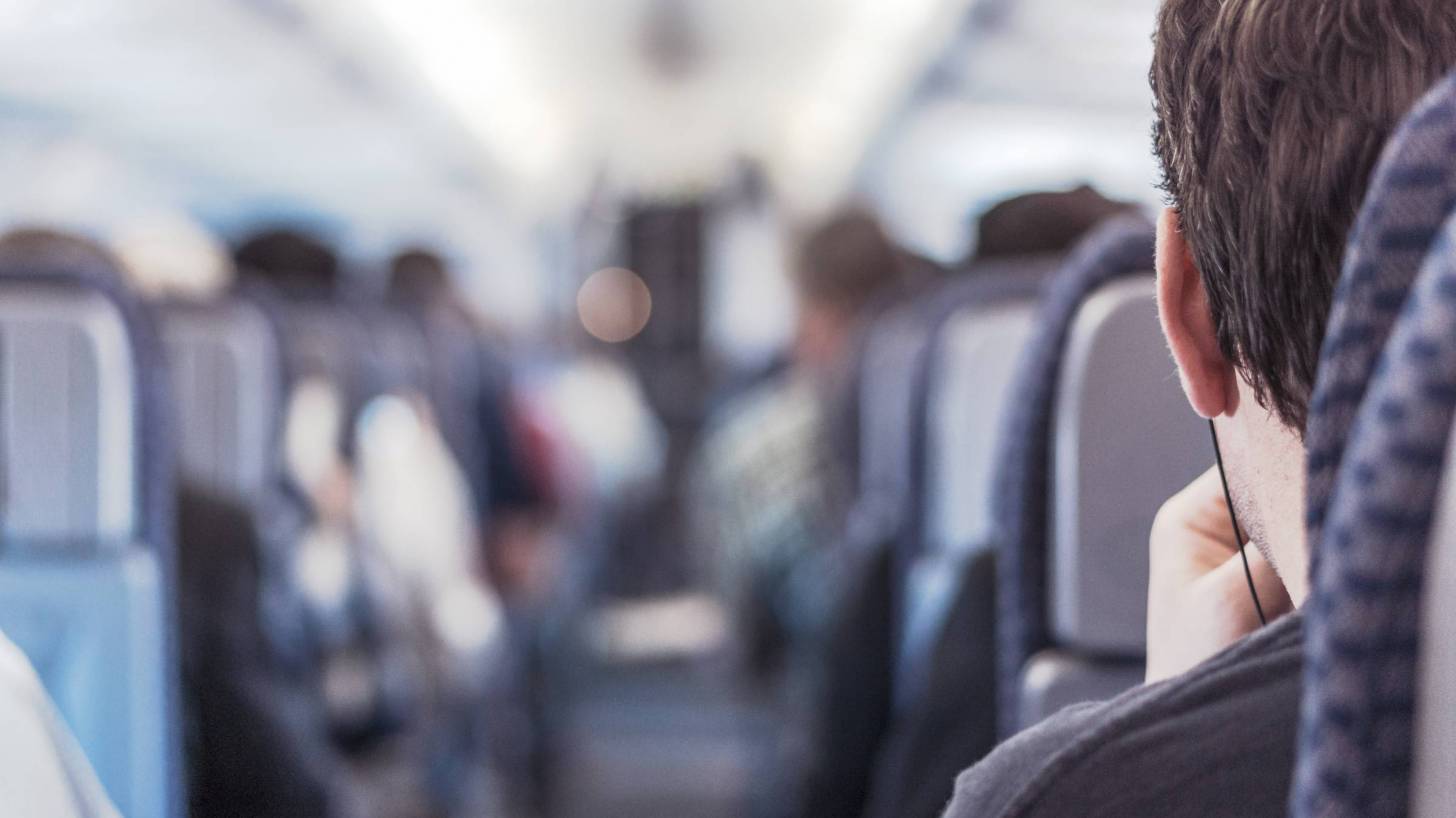
The Health Departments of both California and Florida have recently confirmed additional dengue fever cases during 2019.
While these states continue to report new travel-related dengue cases, Florida remains the only state to confirm locally-acquired dengue cases, as of October 14, 2019.
In Florida Arbovirus Surveillance Week #40 report, 13 new cases of dengue fever were confirmed in 1 week in persons that had international travel.
Thru October 5, 2019, Florida’s travel-associated dengue cases have reached 248 during 2019, with Miami-Dade County reporting 143 cases. Furthermore, Cuba was identified as the destination of 153 dengue cases reported in Florida.
This new information is important since Florida’s various international airports are gateways to the Caribbean and Central and South America, where over 2.3 million dengue cases have been reported by the Pan American Health Organization during 2019.
Additionally, Florida’s Health Department confirmed 3 new cases of locally-acquired dengue fever in Miami-Dade County. In 2019, there have been 9 total cases of locally-acquired dengue fever, which have been reported in Broward and Miami-Dade (8) counties with onsets in March, July (2), August (3), and September (3).
In the USA, an infected mosquito (Ae. aegypti or Ae. albopictus) can spread the dengue virus to people through bites.
Furthermore, 5 cases in Florida met the criteria for Severe Dengue Syndrome (DSS) or Dengue Hemorrhagic Fever (DHF).
The dengue virus has 4 subtypes. Most people infected with dengue have mild or no symptoms. Those that do develop symptoms recover after about 1 week.
Those at greater risk for DSS and DHF include persons with previous dengue infection, pregnant women, infants, the elderly, and those with co-morbidities. Severe dengue can occur, resulting in shock, internal bleeding, and even death.
There is no specific treatment for dengue, but early detection and access to proper medical care lowers fatality rates to below 1 percent, says the US Centers for Disease Control and Prevention (CDC).
>>Dengue Fever Testing- Ulta Labs<<
Across the USA on the west coast, the California Department of Health reported 105 travel-related dengue cases on October 4, 2019, with the counties of Los Angeles (21), Santa Clara (19), and Orange (11) confirming the most cases.
The good news from this new report is that California has not confirmed any locally-acquired dengue cases in 2019.
In addition to California and Florida, the CDC reported on October 4th that states of New York (49) and New Jersey (46) are leaders in travel-related dengue cases during 2019.
In the Region of the Americas, between Epidemiological Week 1 and 351, a total of 2,384,029 cases of dengue have been reported, including 949 deaths, which reflects a case-fatality rate of 0.04 percent.
In the Asia region, the Philippines reported a cumulative 322,693 dengue cases, with 1,272 deaths, as of September 21, 2019.
And in various African and Middle Eastern countries, the CDC issued a Level 1 Travel Alert on September 13, 2019, which said ‘Outbreaks of dengue are ongoing and travelers visiting these countries may be at increased risk.’
The CDC says dengue viruses are spread to people through the bites of infected Aedes species mosquitoes. These are the same types of mosquitoes that spread Zika and Chikungunya viruses.
A pregnant woman already infected with dengue can pass the virus to her fetus during pregnancy or around the time of birth. Dengue can have harmful effects on an unborn child, including low birth weight and premature birth.
The CDC says to see your healthcare provider if you live in or have recently traveled to an area with dengue and have a fever and rash, aches, and pains.
To assist healthcare providers in better diagnosing dengue fever, the CDC published a report on June 14, 2019, that summarizes existing and new guidance on dengue diagnostic testing.
Recent Dengue Fever news
- Florida Reissues Dengue Fever Alert
- Dengue Cases Confirmed in France and Spain
- Dengue Fever Outbreaks Reported in Africa & Middle East
There is 1 preventive vaccine approved and several others in various stages of clinical testing in the USA.
Dengvaxia was approved by the US Food and Drug Administration during May 2019. Dengvaxia is available in about 20 countries around the world.
Dengvaxia is manufactured by Sanofi Pasteur and is indicated for the prevention of dengue disease caused by dengue virus serotypes 1, 2, 3, and 4.
Dengvaxia is a live attenuated tetravalent chimeric vaccine, made using recombinant DNA technology by replacing the PrM and E structural genes of yellow fever attenuated 17D strain vaccine with those from the 4 dengue serotypes.
Dengvaxia is reported to have an overall vaccine efficacy of about 56 percent.
The other dengue candidate vaccines include Takeda TAK-003, Merck V180, and Butantan Institute TV003/TV005, which are still in various clinical phase efficacy trials and not commercially available today.
The CDC says any vaccine can cause side effects, which should be reported to a healthcare provider or the CDC.
International Dengue information is published by Vax-Before-Travel.
Our Trust Standards: Medical Advisory Committee


